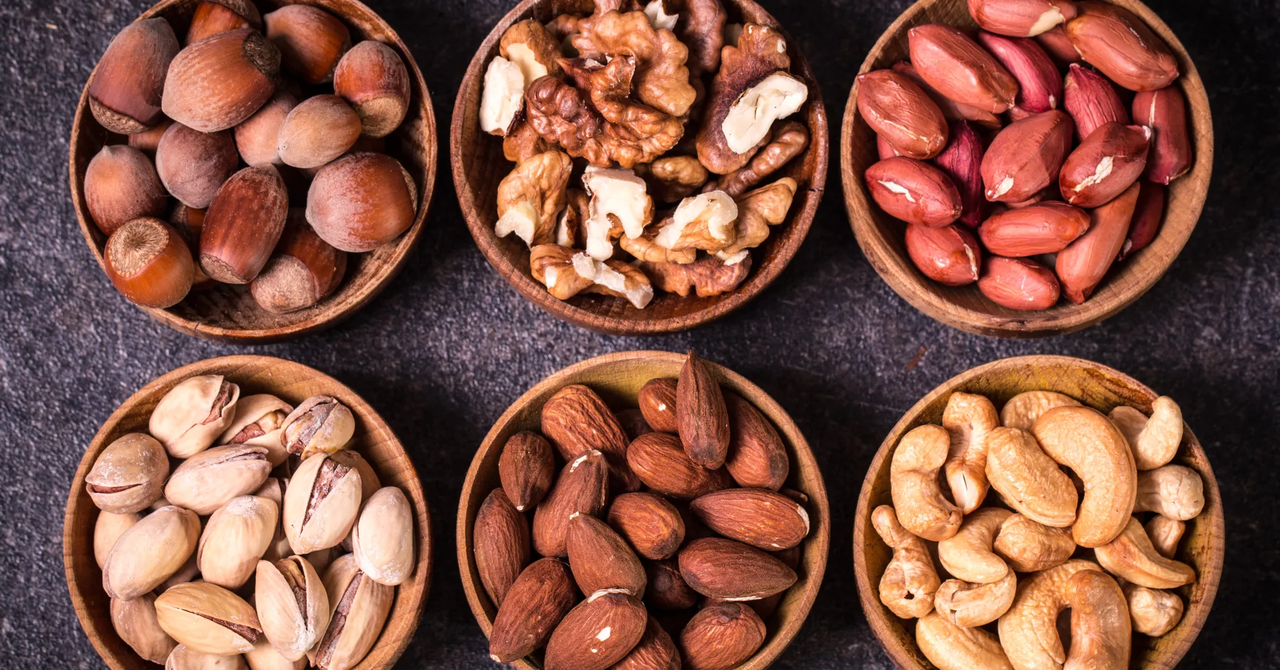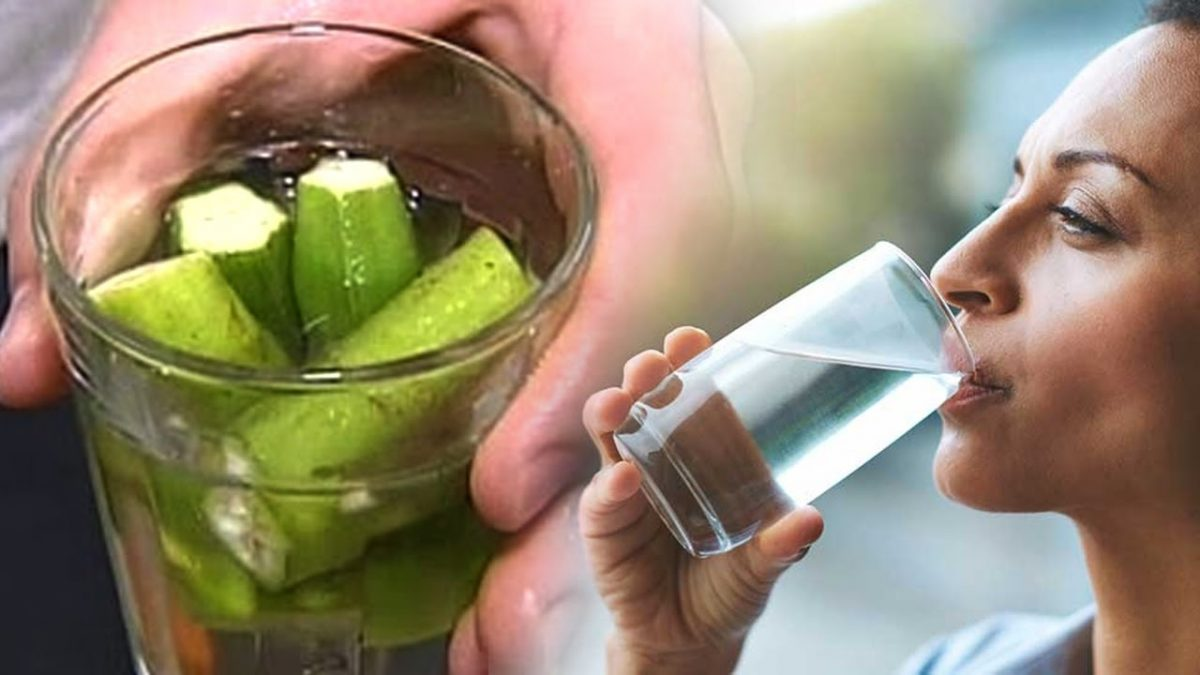Overview: This article explores how incorporating nuts, seeds, and maintaining a healthy diet can potentially lower the risk of diverticulitis, discussing relevant research and possible mechanisms.
Article Content
Diverticulitis is a common digestive disorder that can cause significant discomfort and health complications. However, emerging evidence suggests that consuming nuts, seeds, and following a healthy diet may play a crucial role in reducing the risk of this condition. This discovery offers a natural and accessible approach to preventing diverticulitis.
Understanding Diverticulitis
Diverticulitis occurs when small pouches, called diverticula, form in the lining of the digestive tract, usually in the colon. These pouches can become inflamed or infected, leading to symptoms such as abdominal pain, fever, nausea, and changes in bowel habits.
The exact cause of diverticulitis is not fully understood, but factors such as a low – fiber diet, aging, and a sedentary lifestyle are thought to contribute to its development.
The Role of Nuts and Seeds
Nuts and seeds are nutrient – dense foods that are rich in fiber, healthy fats, vitamins, and minerals. Recent research has shown that regular consumption of nuts and seeds may be associated with a lower risk of diverticulitis.
Fiber Content: One of the key benefits of nuts and seeds is their high fiber content. Fiber adds bulk to the stool, making it easier to pass through the digestive tract. This helps prevent constipation, which is a major risk factor for diverticulitis. By keeping the bowels regular, fiber reduces the pressure on the colon walls, decreasing the likelihood of diverticula formation and inflammation.
Anti – Inflammatory Properties: Nuts and seeds also contain various antioxidants and anti – inflammatory compounds. These substances can help reduce inflammation in the body, including in the digestive tract. Inflammation is a key component of diverticulitis, and by reducing it, nuts and seeds may help prevent the development and progression of the condition.
The Importance of a Healthy Diet
In addition to nuts and seeds, a healthy diet overall is essential for reducing the risk of diverticulitis. A diet rich in fruits, vegetables, whole grains, and lean proteins provides a wide range of nutrients that support digestive health.
Fruits and Vegetables: Fruits and vegetables are high in fiber, vitamins, and antioxidants. They help maintain a healthy gut microbiome, which is crucial for proper digestion and immune function. The fiber in fruits and vegetables also aids in preventing constipation and promoting regular bowel movements.
Whole Grains: Whole grains, such as brown rice, quinoa, and whole – wheat bread, are excellent sources of fiber. They are digested more slowly than refined grains, providing a steady source of energy and helping to keep the digestive system running smoothly.
Lean Proteins: Lean proteins, such as chicken, fish, and beans, are important for maintaining muscle mass and supporting the immune system. They also contribute to a balanced diet and can help prevent overeating, which can put additional stress on the digestive tract.
Research Findings
Several studies have investigated the relationship between diet and diverticulitis. A large – scale cohort study followed thousands of participants over a long period of time and found that those who consumed a diet rich in nuts, seeds, and other high – fiber foods had a significantly lower risk of developing diverticulitis compared to those with a low – fiber diet.
Another study focused specifically on the role of nuts and seeds. It found that regular nut consumption was associated with a reduced risk of diverticulitis complications, such as abscess formation and perforation.
Practical Tips for a Diverticulitis – Preventive Diet
To incorporate more nuts, seeds, and other healthy foods into your diet, consider the following tips:
- Snack on Nuts and Seeds: Keep a small container of mixed nuts or seeds at your desk or in your bag for a healthy snack.
- Add Seeds to Your Meals: Sprinkle chia seeds, flaxseeds, or sunflower seeds on your yogurt, oatmeal, or salads.
- Choose Whole Grains: Replace refined grains with whole grains in your meals. For example, choose brown rice instead of white rice and whole – wheat pasta instead of regular pasta.
- Eat Plenty of Fruits and Vegetables: Aim to have at least five servings of fruits and vegetables per day. You can include them in your meals as side dishes, in smoothies, or as snacks.
Conclusion
The evidence suggests that nuts, seeds, and a healthy diet can play a significant role in lowering the risk of diverticulitis. By incorporating these foods into your daily diet, you can support digestive health and potentially prevent the development of this painful and debilitating condition. However, it is important to note that diet is just one aspect of overall health, and regular physical activity and a healthy lifestyle are also essential for preventing diverticulitis and maintaining good health.


